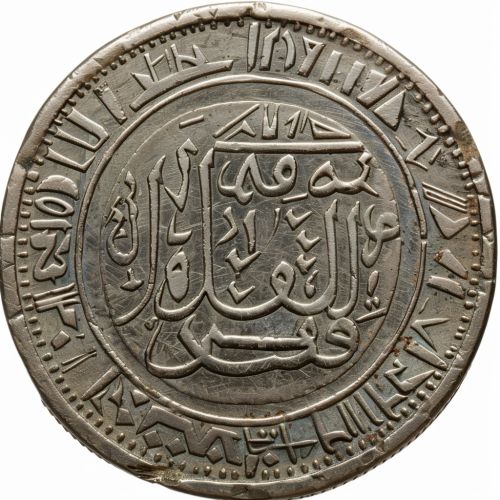Umayyad Caliphate
Origins and Establishment
The Umayyad Caliphate, also known as the Omayyad Caliphate, was the second of the four major caliphates established after the death of Muhammad. It was ruled by the Umayyad dynasty, hence the name, which originated from the Meccan clan of Banu Umayya. The Umayyad family had first come to power under the third caliph, Uthman, but the Umayyad Caliphate was established by Muawiya ibn Abi Sufyan, long-time governor of Syria, after the end of the First Muslim Civil War.


Expansion and Administration
The Umayyad Caliphate was notable for its size and longevity, maintaining rule for nearly a century and expanding across three continents—from the Iberian Peninsula in the west, across North Africa and the Middle East, to the Indus River in the east. This made it one of the largest empires in history in terms of both territory and population.
The administration of the Umayyad Caliphate was centralized, with the caliph as the supreme authority. The empire was divided into provinces, each governed by an appointed governor. The Umayyads established Arabic as the official language of the empire, and they standardized coinage, weights, and measures.
Culture and Society
The Umayyad period was a time of significant cultural and societal development. The Umayyads were patrons of the arts and architecture, and they established the foundations of classical Islamic culture. They built many notable structures, including the Dome of the Rock in Jerusalem and the Great Mosque of Damascus.
Society under the Umayyads was diverse, with a mix of cultures and religions. Non-Muslims, known as dhimmis, were allowed to practice their religion but were subject to a special tax called jizya.
Decline and Fall
The Umayyad Caliphate began to decline in the mid-8th century, facing internal divisions, financial difficulties, and revolts. The most significant challenge came from the Abbasid Revolution, which resulted in the overthrow of the Umayyad dynasty in 750. The Abbasids took over, establishing the Abbasid Caliphate, but one branch of the Umayyad family escaped and established a caliphate in Al-Andalus (modern-day Spain), known as the Emirate of Cordoba.
Legacy
The Umayyad Caliphate left a lasting legacy on the Islamic world and beyond. It played a crucial role in the spread of Islam and the Arabic language. The Umayyad period also saw the development of Islamic law, literature, and architecture.
